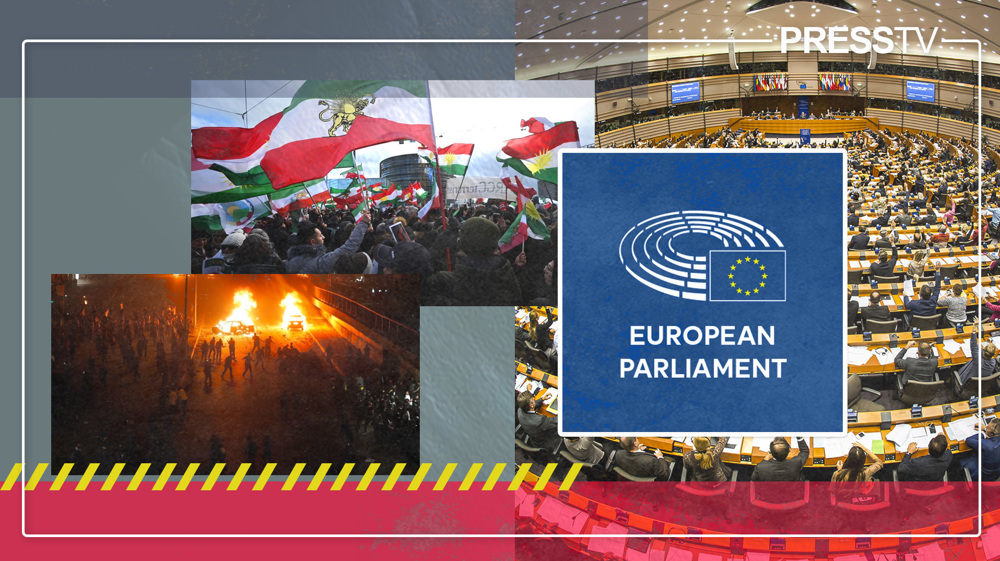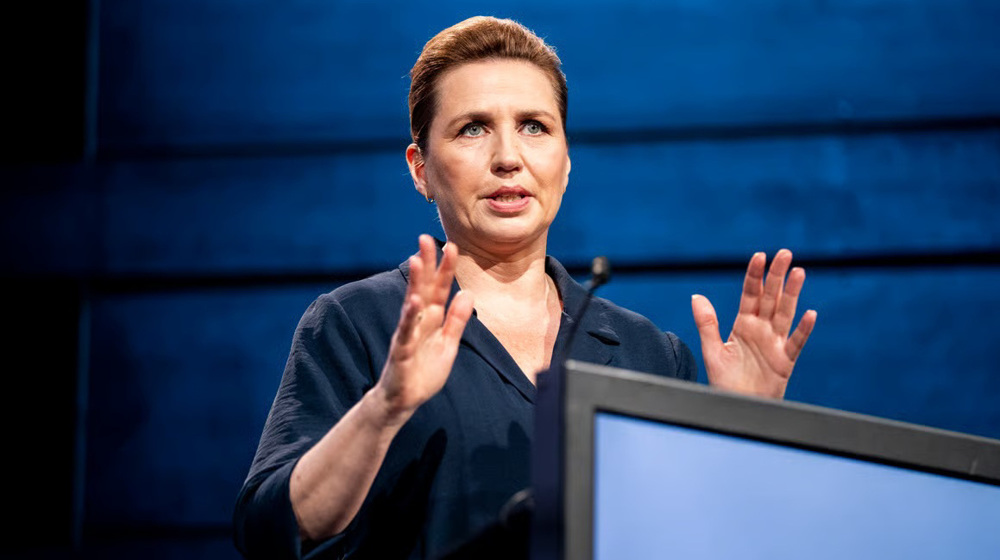Independent candidate narrowly beats far-right rival in Austria presidential runoff
Austria's independent candidate Alexander Van der Bellen has narrowly defeated far-right rival Norbert Hofer in the country’s presidential runoff.
The 72-year-old Van der Bellen, a former economics professor, won over 45-year-old Hofer, from Freedom Party (FPOe), by 50.3 percent to 49.7 percent, said Interior Minister Wolfgang Sobotka during an official announcement in the capital Vienna, adding that “a difference of 31,026 votes,” clinched victory for Van der Bellen.
“Very few people thought I could catch up. But in the last 14 days, there has been such a momentum among voters -- musicians, actors, workers, totally different people across all generations, professions and all sections of society,” Van der Bellen, who had campaigned on a pro-EU platform backed by the Greens Party, said late on Sunday.
Hofer conceded defeat in the knife-edge runoff and said in his Facebook account: “Of course I am sad. I would have loved to have looked after this wonderful country for you as president.”
He also told his supporters no to be “disheartened,” and called the election campaign an "investment" for the future.
Hofer had announced that he would not swear in a female minister who wore a hijab. He had also threatened to seize upon never-before-used presidential powers to dismiss prospective Austrian cabinets that fail to take a tougher stance on refugees or boost the economy.

The president traditionally plays a largely ceremonial role in Austria, but he is capable of dissolving the National Council, the more powerful lower house of the parliament, in just one occasion, which in turn triggers a general election.
It is the chancellor’s duty to appoint government ministers and has the authority to dismiss the government.
In the first round of the elections in April, Hofer scored an unexpected victory, securing 35 percent of the vote compared to the 21 percent gained by Van der Bellen. It represented the FPOe's best result ever at federal level since 1945.
Hofer is highly critical of his country’s policies in accepting large numbers of refugees, while Van der Bellen, who has revealed himself to be a “child of refugees,” has accused his opponent of having an authoritarian view of the president’s powers.
Many blame major European powers for the unprecedented exodus, saying their policies have led to a surge in terrorism and war in the violence-hit regions, forcing more people out of their homes.
Austria took in 90,000 asylum seekers last year, over 1 percent of its population.
Over 80 arrested in protest outside London jail for Palestine Action hunger striker
VIDEO | Trump: Unhinged and unchecked part 1
VIDEO | Trump: Unhinged and unchecked part 2
VIDEO | American empire is breaking
Iranian lawmakers decry EU Parliament's ‘hostile, hypocritical’ resolution
US military industry is major driver of global environmental destruction: IRGC deputy chief
Yemen’s Ansarullah warns of US, Israel soft war on West Asia nations
‘Decaying empires turn to savage control previously used abroad at home’











 This makes it easy to access the Press TV website
This makes it easy to access the Press TV website